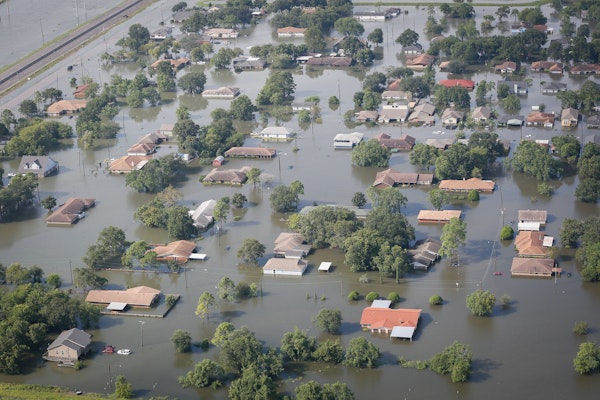
Federal Flood Maps Lag Behind Climate Disasters, Leaving Millions at Risk
As climate-intensified storms expose the limitations of FEMA’s outdated flood maps, millions of Americans may face flood risks without adequate insurance protection, especially in areas prone to heavy rainfall.
October 9, 2024
Catastrophe
Legislation & Regulation
Property
Risk Management
Florida
Georgia
North Carolina
South Carolina

Hurricane Milton Threatens Central Florida with Potential Direct Hit
Hurricane Milton, set to make landfall as a Category 3 storm, could bring catastrophic impacts to Florida’s Gulf Coast, particularly the Tampa area, just two weeks after Hurricane Helene’s devastation.
October 9, 2024
Catastrophe
Insurance Industry
Property
Risk Management
Florida
Georgia
North Carolina
South Carolina

Hurricane Milton Strengthens to Category 4, Poised for Midweek Florida Landfall
Hurricane Milton, now a powerful Category 4 storm, is set to make landfall midweek in Florida, bringing life-threatening storm surges, heavy rain, and strong winds.
October 7, 2024
Catastrophe
Legislation & Regulation
Property
Risk Management
Florida
Georgia
North Carolina
South Carolina
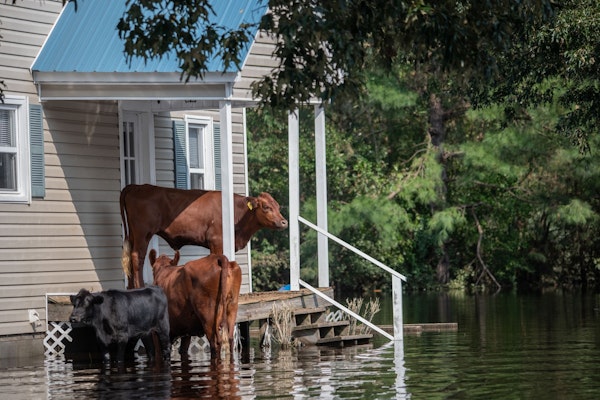
Flood Insurance Program Struggles with Rising Repeat Payouts
As flood risk intensifies, the National Flood Insurance Program is issuing more repeat payouts, with severe repetitive loss properties surging across the U.S., especially in coastal areas vulnerable to storms.
October 7, 2024
Catastrophe
Legislation & Regulation
Property
Risk Management
Florida
Louisiana
New Jersey
North Carolina

Hurricane Helene Losses Projected in Billions, But US P&C Insurers Expected to Withstand Impact
Hurricane Helene’s estimated insured losses range between $5 billion and $9 billion, but S&P Global believes the event will affect earnings without jeopardizing the capital of US property and casualty insurers.
October 4, 2024
Catastrophe
Insurance Industry
Property
Risk Management
Florida
North Carolina
South Carolina
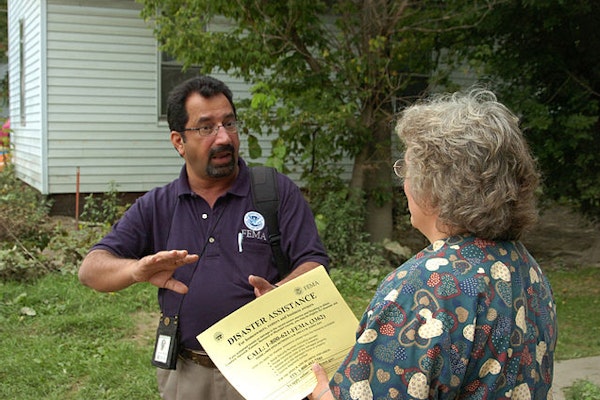
FEMA Faces Funding Shortage as Hurricane Helene Devastates the Southeast
FEMA is running low on disaster relief funds as it responds to Hurricane Helene, which caused severe damage across several Southeastern states. Congress may need to pass additional funding to sustain relief efforts.
October 4, 2024
Catastrophe
Legislation & Regulation
Property
Risk Management
Florida
Georgia
Louisiana
North Carolina
South Carolina

Dockworkers Reach Tentative Deal, Strike Suspended Until January
U.S. dockworkers have suspended their strike after reaching a tentative agreement with terminal operators, securing a wage increase and agreeing to continue negotiations in January.
October 4, 2024
Legislation & Regulation
Litigation
Risk Management
Alabama
Florida
Georgia
Louisiana
Maryland

Carolina Residents and Agents Shocked by Inland Damage from Hurricane Helene
Insurance agents in Asheville, North Carolina, report unprecedented inland damage from Hurricane Helene, with widespread flooding, fallen trees, and road closures hampering recovery efforts.
October 1, 2024
Catastrophe
Insurance Industry
Property
Risk Management
North Carolina
Tennessee
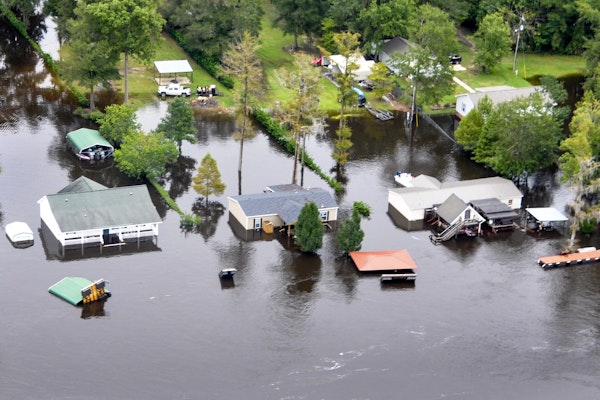
Hurricane Helene Signals Emerging Inland Threat as Storms Retain Strength
Hurricane Helene’s unprecedented inland devastation highlights the growing danger of the "brown-ocean effect," a phenomenon that may allow future hurricanes to retain strength as they move further inland.
October 1, 2024
Catastrophe
Legislation & Regulation
Property
Risk Management
Florida
Georgia
North Carolina
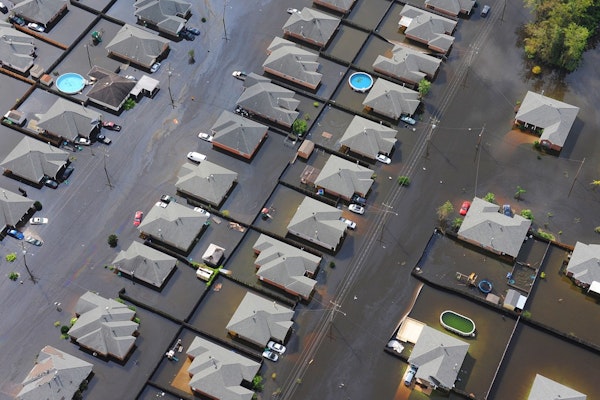
Hurricane Helene’s Economic Impact Could Reach $160 Billion Due to Infrastructure Destruction and Business Losses
Economic estimates for Hurricane Helene project up to $160 billion in damage, driven by widespread infrastructure failure, property loss, business disruption, and long-term recovery costs.
September 30, 2024
Catastrophe
Insurance Industry
Property
Risk Management
Florida
Georgia
Kentucky
North Carolina
Ohio
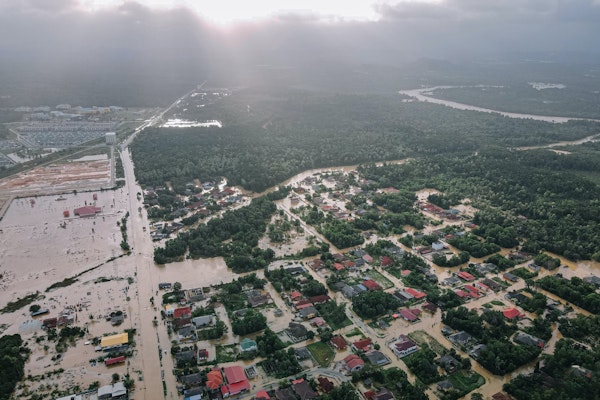
Helene Hits Florida as Category 4 Hurricane, Unveils Critical Flood Insurance Gap
Hurricane Helene’s catastrophic flooding from Florida to North Carolina exposes the serious lack of flood insurance coverage among homeowners, especially in inland areas, highlighting the increasing risks from extreme weather events.
September 30, 2024
Catastrophe
Legislation & Regulation
Property
Risk Management
Florida
Georgia
Kentucky
North Carolina
South Carolina
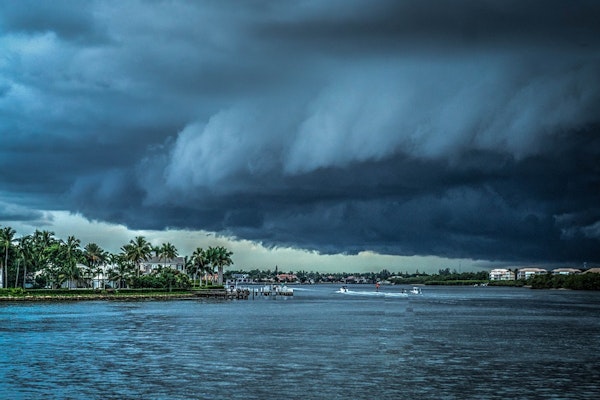
Hurricane Helene Targets Florida with Powerful Storm Surge and Inland Flooding Threats
Hurricane Helene is intensifying as it heads toward Florida’s Gulf Coast, threatening life-threatening storm surges, widespread flooding, and strong winds that will reach far inland across the Southeast.
September 25, 2024
Catastrophe
Litigation
Property
Risk Management
Alabama
Florida
Georgia
Kentucky
North Carolina

Why Hurricane Helene Could Be One of the Most Dangerous Storms in Years
Hurricane Helene is forecast to intensify rapidly as it nears Florida, with major impacts expected across the Southeast, including extreme winds, flooding, and widespread storm surge.
September 25, 2024
Catastrophe
Litigation
Property
Risk Management
Florida
Georgia
North Carolina
South Carolina

Climate Change Drives Global Surge in Fires, Floods, and Drought
The impact of climate change is becoming more visible worldwide, with intensifying wildfires, severe droughts, and devastating floods affecting regions from Brazil to Southeast Asia.
September 19, 2024
Catastrophe
Litigation
Property
Risk Management
California
North Carolina

North Carolina Supreme Court Rules on Validity of Homeowner’s Insurance Cancellation Before Fire Loss
The North Carolina Supreme Court upheld a ruling that a mailed cancellation notice met state requirements, effectively voiding a homeowner’s insurance policy weeks before a fire destroyed the property.
August 29, 2024
Legislation & Regulation
Litigation
Property
Risk Management
North Carolina





